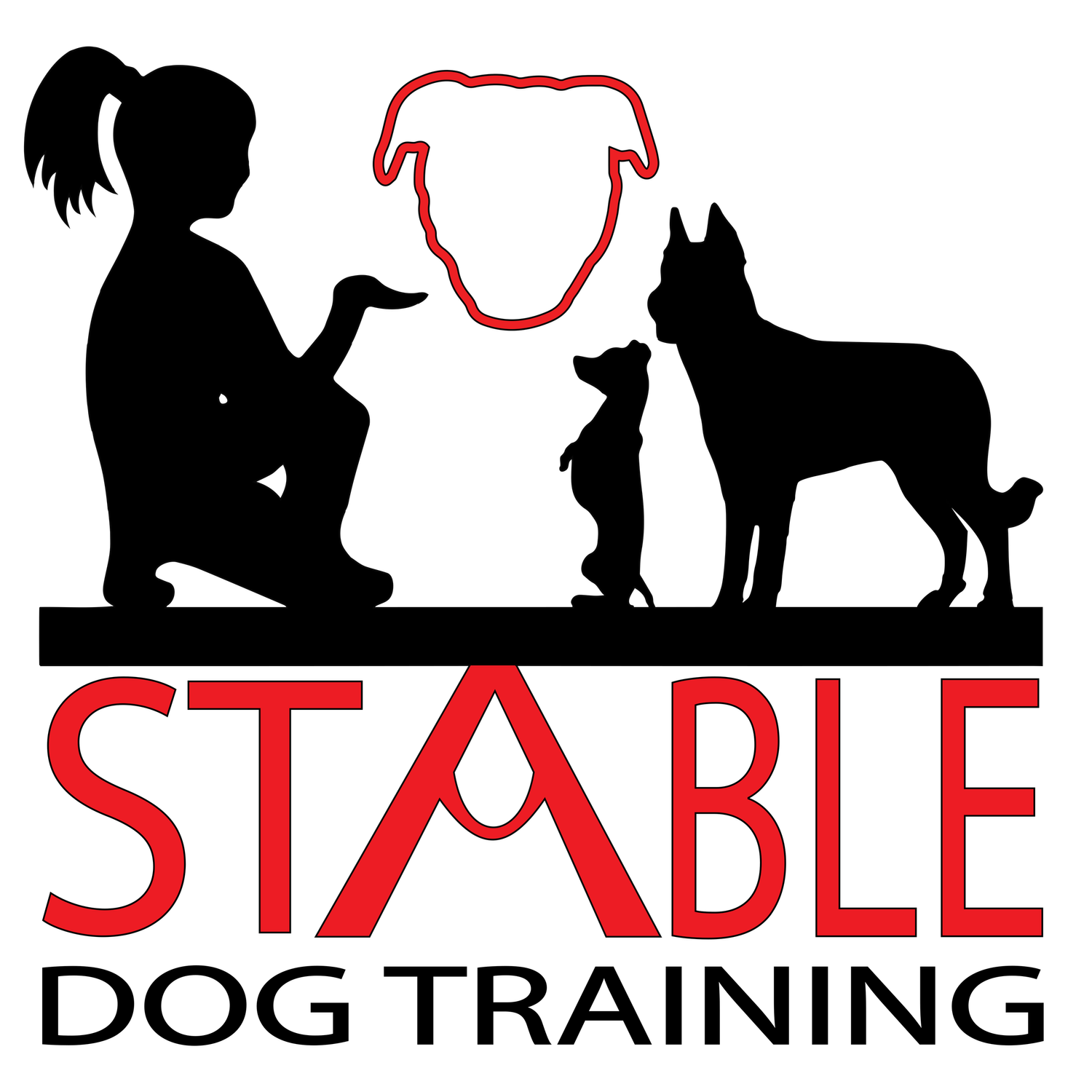Moving Forward in Dog Training: A Guide to Overcoming Past Challenges
Dog training can be a rewarding but challenging endeavor. Many dog owners struggle with the notion that their pet's past behaviors and experiences are insurmountable obstacles to improvement. It's easy to feel stuck, especially when progress seems slow. However, holding onto a dog's past as an excuse for lack of improvement is a common pitfall that can hinder growth and development.
Understanding the Challenge
The Past Doesn't Define the Future
It's natural to focus on your dog's past behaviors and experiences, especially if they've had a rough start. Perhaps they were rescued from a difficult situation, or have developed bad habits over time. While these factors are important, they should not be used as reasons to avoid moving forward in training. Every dog has the potential to learn and grow, regardless of their past.
The Emotional Toll
For many dog owners, the emotional connection to their pet's history can create a mental block. The fear of failure and disappointment can be overwhelming. This emotional toll can lead to frustration and a reluctance to try new training methods. It's important to recognize these feelings and understand that they are a natural part of the training process.
The Solution Moving Forward with Balanced Training
Focus on the Present
One of the most effective ways to overcome past challenges is to focus on the present. Instead of dwelling on what your dog couldn't do before, celebrate the small victories they're achieving now. Every step forward, no matter how small, is progress. Remember, dog training is a marathon, not a sprint.
Use Tools and Treats to Your Advantage
Incorporating tools and treats into your training regimen can make a significant difference. Tools like clickers, leashes, and tools can provide the structure and control needed for effective training. Treats are excellent motivators and can reinforce positive behaviors. The key is to use these tools consistently and appropriately.
Improve Your Own Training Skills
Your confidence and skill as a trainer play a crucial role in your dog's success. Take the time to educate yourself on different training techniques and approaches. Consider attending workshops, watching online tutorials, or even working with a professional trainer. The more comfortable and knowledgeable you are, the more effective you will be.
Balanced Training Approach
It's essential to adopt a balanced training style, rather than relying solely on positive reinforcement. While positive reinforcement is valuable, it's important to incorporate other techniques as well. Balanced training involves using a mix of rewards and corrections to guide your dog. This approach can create a more well-rounded and responsive pet.
Practical Tips for Effective Dog Training
Consistency is Key
Consistency is one of the most important elements of successful dog training. Ensure that everyone involved in your dog's care is on the same page regarding commands, expectations, and routines. Inconsistencies can confuse your dog and slow down their progress.
Patience and Persistence Training takes time and effort. Be patient with your dog and with yourself. There will be setbacks along the way, but persistence is crucial. Keep pushing forward, and don't get discouraged by temporary setbacks.
Celebrate Small Wins Don't forget to celebrate the small victories. Whether it's mastering a new command or simply showing improvement in behavior, every win counts. Celebrating these moments can boost your morale and keep you motivated.
Conclusion
Moving forward in dog training requires a shift in mindset and approach. By letting go of the past and focusing on the present, you can create a more positive and effective training experience for both you and your dog. Utilize tools and treats, improve your training skills, and adopt a balanced training approach to see real progress. Remember, every step forward is a step toward a better-behaved and happier pet.
Ready to take the next step? Join our community of passionate dog owners and trainers. Share your experiences, learn from others, and get the support you need to succeed in your dog training journey.
Happy Training! 🐾

